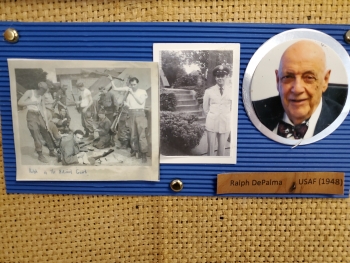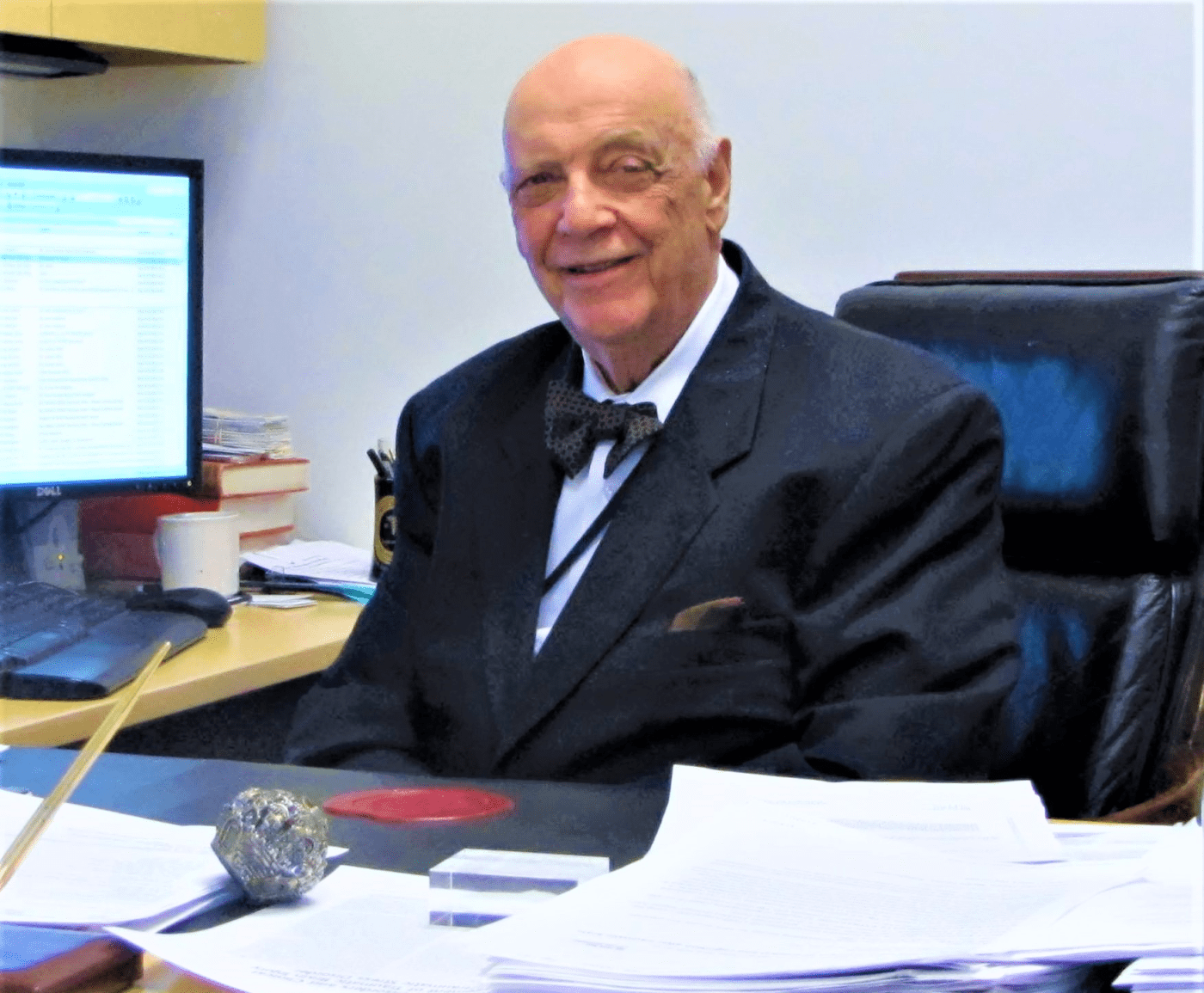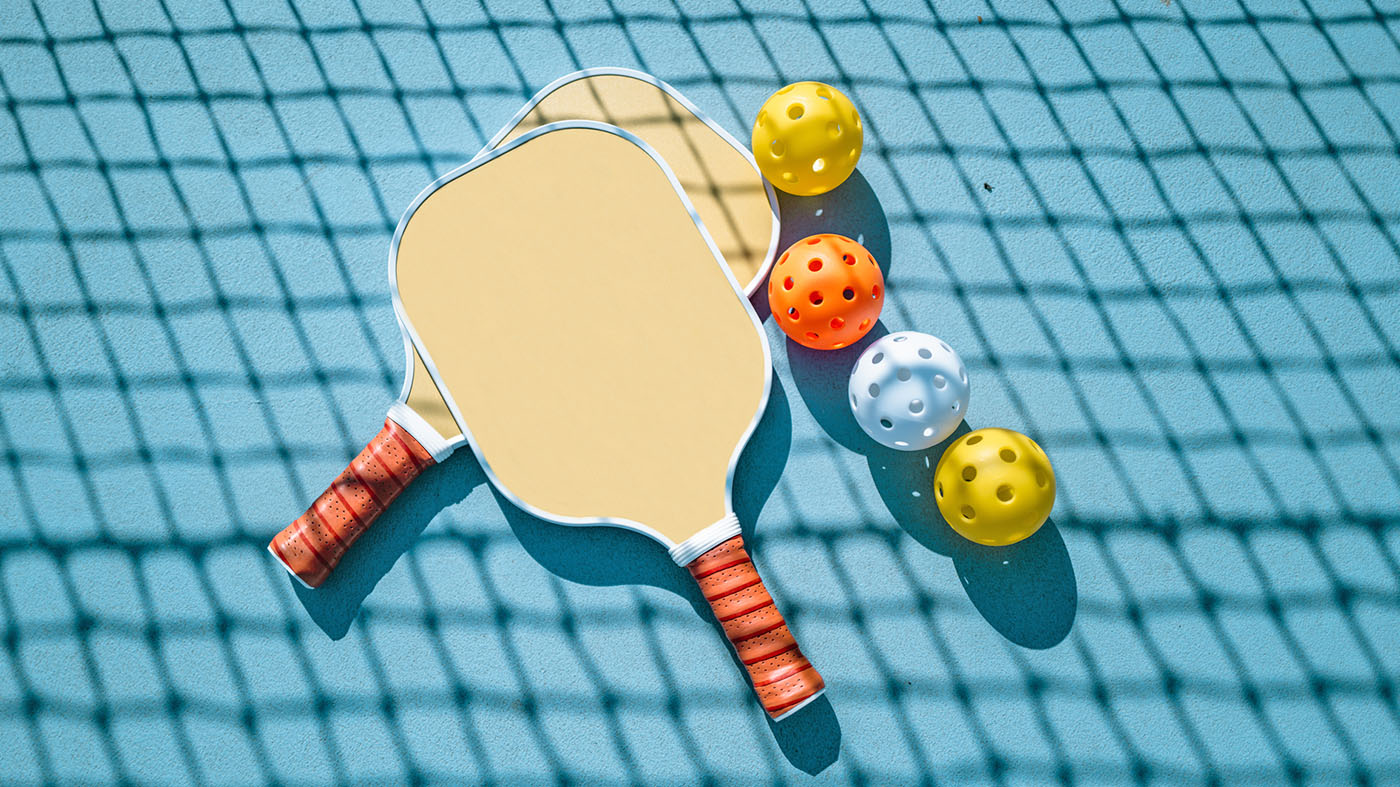The following feature is part of the series, VA Researchers Who Served. These profiles bring to life the critical work that VA researchers are doing for the Veteran community and highlight and recognize their military service, while including a touch of human interest and an inspirational tone.
Dr. Ralph DePalma, an Air Force Veteran, is a special operations officer in VA’s Office of Research and Development (ORD). His responsibilities include reviewing ORD’s surgical research portfolio and identifying priority areas in the research of traumatic brain injury and polytrauma. He collaborates on these endeavors with the Department of Defense and other federal agencies. He previously served as VA’s national director of surgery for 10 years. DePalma is a surgeon and teacher who has contributed to advances in treatment for arterial disease, shock, impotence and venous disorders. He has published and lectured widely on these topics and has edited five books. He has served as a professor and chair of surgery at the University of Nevada and at George Washington University. He earned degrees at Columbia University in New York and the New York University School of Medicine.
What motivated you to join the military?

A snapshot of the memorabilia that DePalma, an Air Force Veteran, displays on the wall of his home office.
We post-World War II children were highly patriotic. We admired those who served to overcome a great evil. We all wanted to serve. I joined the famed New York National Guard 7th Regiment at age 17. I served when it became the 107th Infantry during the Korean War. I volunteered as a surgeon in training as part of the Berry plan. During that time, I was required to serve six years in the U.S. Air Force—three years on active duty and three years in the Air Force Reserve. This period of active military duty was a pivotal time in my life in that I was assigned duties as a base surgeon and a flight surgeon. I was privileged to carry out both responsibilities, increasing my confidence in independent surgical practice and aviation medicine. I applied for a regular commission but eventually chose surgical practice.
What inspired your research career?
On the basis of a competitive exam, I was selected to do research in a physics lab as a high school student in New York City. I worked with Dr. Paul Agron, a former nuclear scientist. Later as an academic surgeon at Case Western Reserve University in Cleveland, I used skills that I had developed to use an electron microscope to define, for the first time, subcellular fine structural changes in the brain due to shock. Notably, I saw changes in the energy producing structures, the mitochondria. Interestingly, similar damage is seen in primary blast injury in the brain.
Did you have mentors who inspired you in life, the military, or your research career?
I have had a series of mentors over the years. Air Force Brigadier General Charles “Chuck” Yeager, the first pilot to fly faster than the speed of sound, took me on my first flight in an F100F fighter in 1958. Air Force Colonel Henry Godman, a pilot in the first full squadron to fly the B-17 Flying Fortress during World War II and later the head of Strategic Air Command, taught me to fly a propeller AC. Dr. William Holden, chair of the department of surgery at University Hospitals in Cleveland, encouraged my research efforts by allowing me use of a laboratory when I was a resident and later a vascular surgeon. Dr. William Insull Jr., a professor of medicine at Case Western Reserve University in Cleveland, helped me define regression of atherosclerosis in response to lipid lowering. Mr. Gary Whitfield, director of the VA Sierra Nevada Health Care System, taught me VA administrative skills. He encouraged research on iron metabolism from 1993 to 2000.
More Information
Click here to read the full story.
Click here to read the full series VA Researchers Who Served.
Click here to learn more about VA research.
Topics in this story
More Stories
The 2024 National Veteran Suicide Prevention Annual Report provides the foundation for VA’s suicide prevention programs and initiatives.
Theranostics is a specialized field of nuclear medicine that uses a two-pronged approach to diagnose and treat cancer.
Air Force Veteran Shireta Jones overcomes obstacles with support from VA and adaptive devices to continue her passion for pickleball.







On August 9th 2021 I fell while doing physical therapy at the VA clinic on Jefferson Street in Jacksonville Florida. I received several injuries from the fall. I received a massive rotator cuff tear, a server concussion, It was three months before I was referred to the neurologist who stated that I was having rotator cuff issues. Two months later I was informed I have a massive torn rotator cuff. I have severe headaches several days during the week resulted from the falling. Family and friends now state that I am now forgetting things (slight memory lost I assume). I pray that it’s not TBI. I was told by another Army veteran that TBI can develop through the years and need to be tested semi annually or annually. I am really stressed and depressed to the point where I have anxiety attacks which causes my heart to rapidly beat fast and sweat. This is frightening because I am in my mid 60’s. I wouldn’t wish this on anyone.